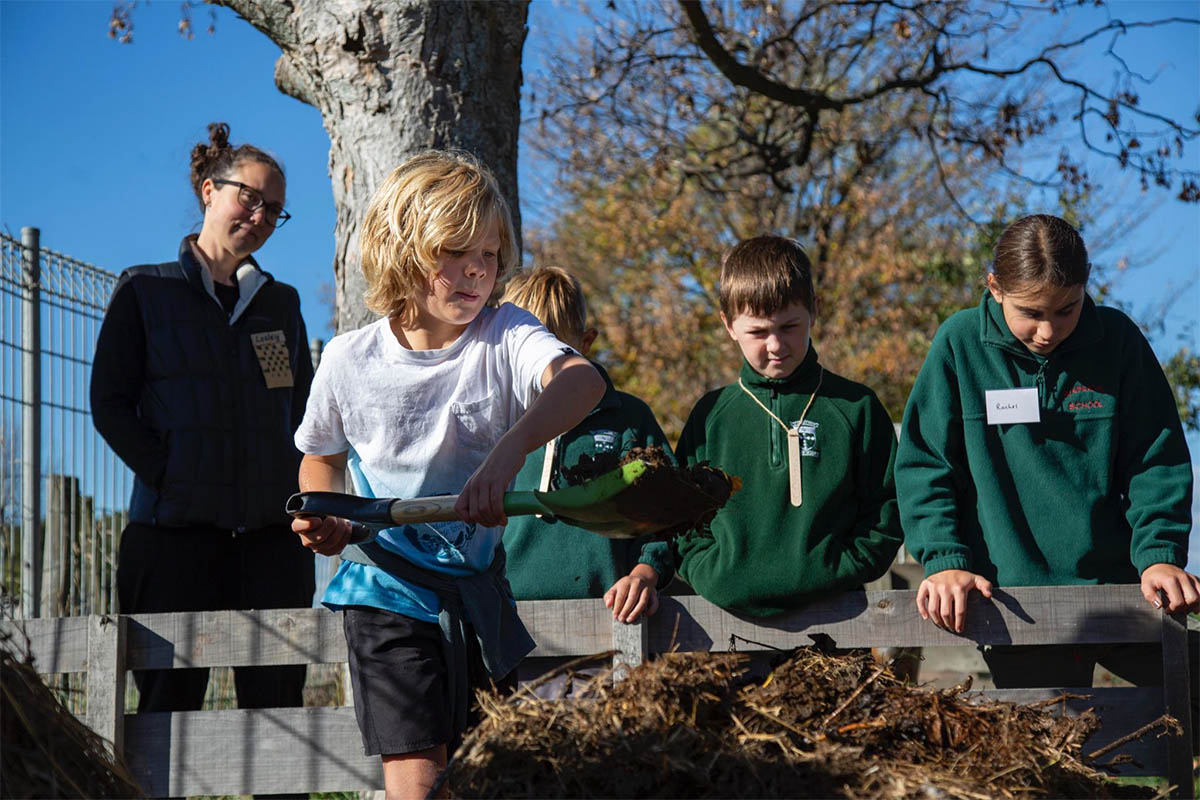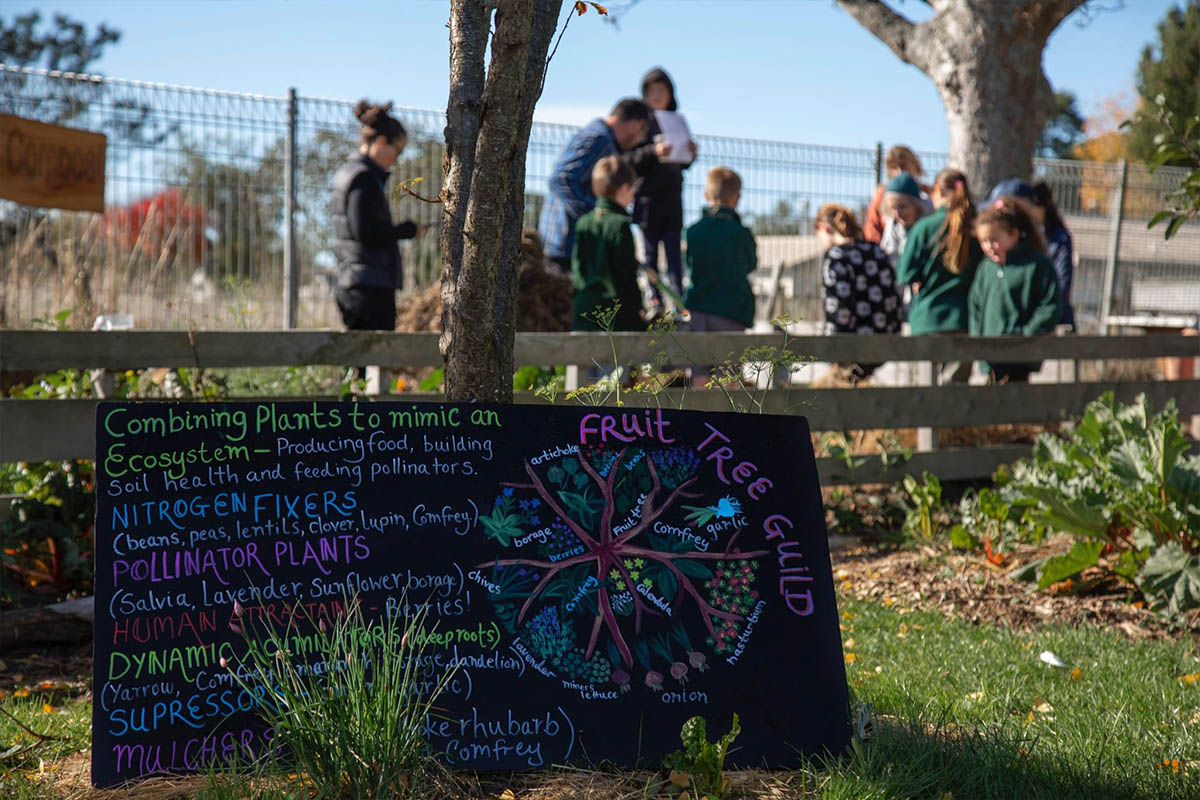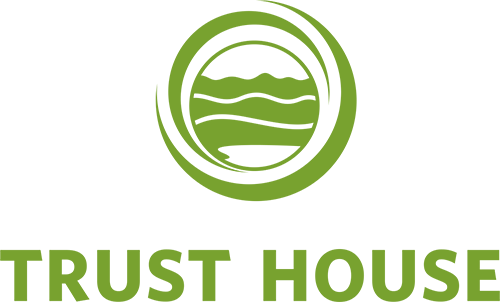Te Kura O Papatūānuku – Wairarapa Earth school


Te Kura O Papatūānuku Wairarapa Earth School charitable trust aims to inspire, inform and enable people of all ages to achieve practical solutions for the future of our community and a healthy planet. We are dedicated to sharing and communicating positive and achievable solutions for environmental change. We believe that the health of our planet is inextricably interwoven with the health of our people and the resilience of our communities.
We connect people of all ages to papatūānuku and each other to inspire change through intergenerational connections, collaboration and hands-on garden based learning. To foster a passion for STEAMM (Science, Technology, Engineering, Art, Mātauranga Māori & Maths). All members of our community are ākonga (both learners and teachers). Earth School aims to be a place where our community comes together to create a place of learning for all – where we can grow solutions together.
Our work aims to inspire and empower our community to explore and discover regenerative solutions to the climate and biodiversity emergency.
The 2021 funding received from Trust House will support the operational costs for two projects, Healthy Kai in schools and our STEAMM outreach.
We have already secured funding from Organic NZ, Carterton District Council and the Roy and Jan Mace Foundation to set up a tunnel house and shade house to start propagating seedlings and fruit trees to support our fruit trees in schools program, community fruit harvesting and our seed to sale project. These projects coupled with our already established South End School food forest, outdoor classroom, and composting laboratory provide the infrastructure to embark on setting up a local food sharing and edible education co-op. Inspired by the success of similar projects and social enterprises such as Cultivate in Christchurch and the CommonUnity Project in Epuni, Upper Hutt, our project will deliver kai, edible education and skills to those who need it while reducing our waste and building community resilience. Agriculture is one of the most important economic activities in our region and by teaching students the skills to turn organic waste into healthy soil and kai we prepare them for future employment and get them working to support their community now. This type of community based agriculture pools resources and builds stronger connections and networks within the community. Following Covid-19 we ran a Friday fresh produce market at the school that bought locally grown veg to families, this was well received. The covid crisis has bought the importance of local food security to the forefront. Teaching hands-on science learning in the outdoor classroom.
Our teaching garden at South End School, Carterton provides a hub to run outreach STEAMM (Science, Technology, Engineering, Art, Mātauranga Māori & Maths). We run workshops here at our teaching gardens and at schools throughout the region.
Project outcomes:
- We use intergenerational skill sharing, students will learn from local expert mentors the skills to grow, cook and preserve fruit and vegetables grown by the project and donated by community fruit harvesting Wairarapa and wai waste.
- Working in partnership with local businesses, cafes and Carterton District Council zero waste coordinator we will set up a local green waste system.
- Wairarapa wide school workshops in 10-12 schools across the Wairarapa collaborating with enviroschools, we have made connections with Wainuiaru, Fernridge, MPS, St Pats, DPS, Carterton, South End, Hadlow, Featherston, Martinborough and Dalefield.
- Cooking classes provide students with the skills to feed themselves simple nourishing recipes.
- Community workshops will teach composting, how to reduce and sort organic waste, fruit tree grafting and propagation and market gardening techniques.
- Weekly working bees in the food forest and market garden where volunteers will be rewarded with a share of the kai produced.
- Community meals, where students are invited to share their skills and cook for members of the community.
- Over time it is envisaged that we will ensure this project is sustainable by setting up a local food coop. Members will pay a koha to join and then be entitled to a share of the produce plus bulk dry goods at wholesale prices. Public workshops will fund support staff. An “eat my lunch” funding model will allow sponsors to gift a school meal with every lunch they buy.
Grant outputs include 500+ students at 10 Wairarapa school and 50 plus adults attending community workshops.
